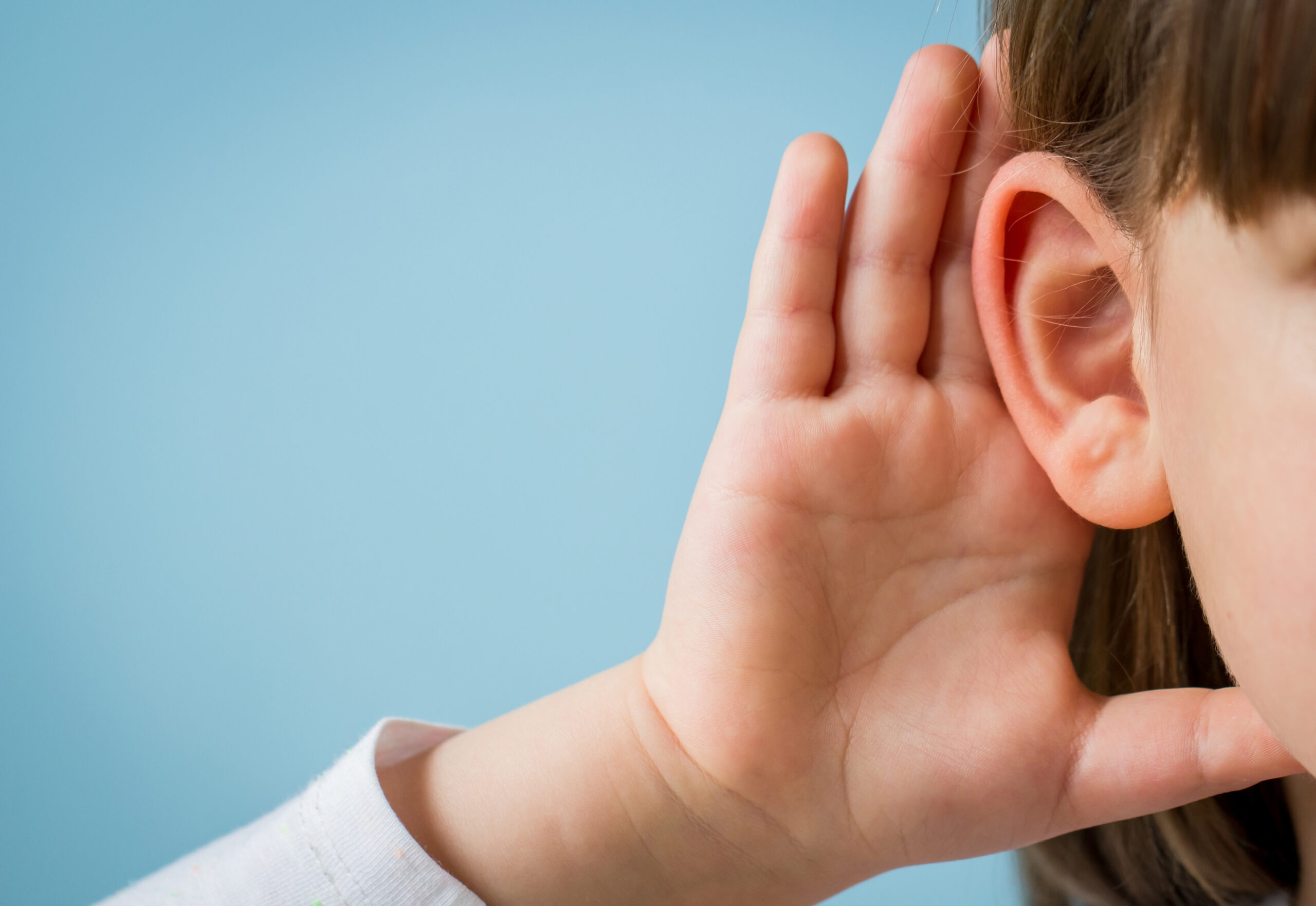
Researchers “Really Excited” to Test Gene Therapy on Other Types of Genetic Deafness
(NPR, Rod Stein) — For the first time, gene therapy is showing promise for treating inherited deafness, researchers reported Wednesday.
A study involving six children born with a genetic defect that left them profoundly deaf found that an experimental form of gene therapy restored at least some hearing for five of them.
“We are absolutely thrilled,” says Zheng-Yi Chen, an associate scientist at Mass Eye and Ear’s Eaton-Peabody Laboratories and associate professor of Otolaryngology–Head and Neck Surgery at Harvard Medical School in Boston. Chen led the research, which was published in the journal The Lancet.
“This is really the first time that hearing has been restored in any adult or children by a new approach — a gene therapy approach,” Chen tells NPR in an interview.
For the first time, gene therapy is showing promise for treating inherited deafness, researchers reported Wednesday.
A study involving six children born with a genetic defect that left them profoundly deaf found that an experimental form of gene therapy restored at least some hearing for five of them.
“We are absolutely thrilled,” says Zheng-Yi Chen, an associate scientist at Mass Eye and Ear’s Eaton-Peabody Laboratories and associate professor of Otolaryngology–Head and Neck Surgery at Harvard Medical School in Boston. Chen led the research, which was published in the journal The Lancet.
“This is really the first time that hearing has been restored in any adult or children by a new approach — a gene therapy approach,” Chen tells NPR in an interview.
“Before the treatment they couldn’t hear a thing. You could put the loudest sound in the ear and they don’t hear anything,” Chen says. “And now they can hear.”
The children’s hearing isn’t completely normal — they may still need hearing aids — but improved significantly, Chen says. The treatment appears safe. The children have been followed for between six months and a year so far.
“It worked as well as we imagined,” Chen says. “This really was beyond our expectations.”
Chen and his colleagues have continued to treat additional patients and will follow the study subjects in the hope that the improvement is permanent.
“This is a very big deal. It’s a new dawn for hearing loss,” Chen says.
A first for treatment of hereditary deafness
Other researchers agreed.
“This is an incredibly important clinical study,” said Dr. Lawrence Lustig, who chairs Columbia University’s Department of Otolaryngology – Head & Neck Surgery, says in an email to NPR. “It is the first time it has been shown that genetic deafness can be treated with gene therapy in humans.”
Hearing loss affects more than 1.5 billion people worldwide, including about 26 million who are born deaf, according to Mass Eye and Ear. For hearing loss in children, more than 60% stems from genetic causes.
The otoferlin defect accounts for an estimated 1% to 8% of genetic deafness, meaning as many as 100 children are born with the condition in the U.S. each year, Lustig wrote.
Several other groups are pursuing similar gene therapies for genetic deafness and will report their findings Feb. 3 at the annual meeting of the Association for Research in Otolaryngology.
